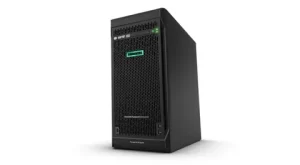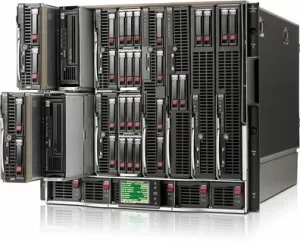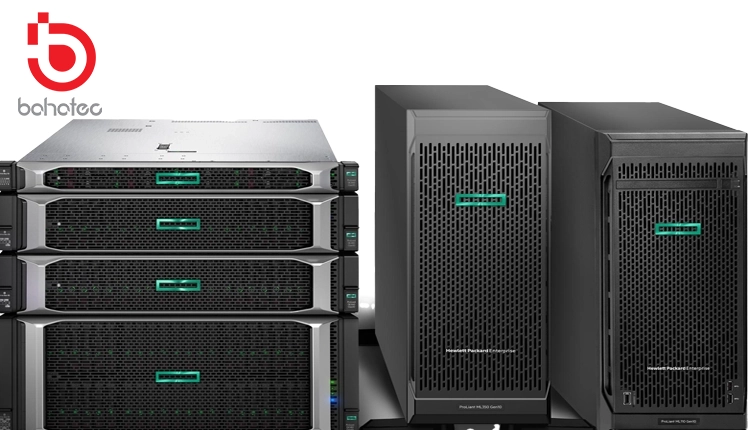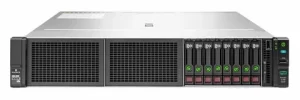A Comprehensive Guide to HP Servers
HP, a leading name in the technology industry, offers a diverse range of servers designed to cater to the varying needs of businesses, from small enterprises to large data centers. These servers are renowned for their reliability, performance, and scalability. In this guide, we’ll delve into the various Types of HP server and their key features
Understanding HP Servers
HP servers are classified based on their form factor, performance, and specific use cases. The most common types include:
.Rack Servers: These servers are designed to be mounted in a rack, optimizing space utilization in data centers. They are ideal for businesses that require high performance and scalability
.Tower Servers: Tower servers are standalone units that can be placed on a desk or floor. They are often used by smaller businesses or as entry-level servers due to their compact size

Blade Servers: These servers are housed in a chassis, sharing a common power supply and cooling system. Blade servers offer high density and efficient management.

Key HP Server Series
HP offers several server series, each with its unique characteristics:
HPE ProLiant: This is HP’s flagship server line, offering a wide range of options for various workloads. ProLiant servers are known for their flexibility and performance.
HPE Synergy: Designed for composable infrastructure, Synergy allows you to dynamically compose IT resources to meet changing business needs.
HPE Apollo: Optimized for high-performance computing (HPC) workloads, Apollo servers are ideal for data-intensive applications such as deep learning and scientific computing.
HPE Edgeline: Edgeline servers are designed for edge computing, bringing compute and storage closer to data sources.
Features and Benefits of HP Servers
- Performance: HP servers are equipped with powerful processors, ample memory, and high-speed storage options, ensuring optimal performance for demanding workloads.
- Reliability: HP servers are built with robust components and redundant power supplies to minimize downtime and ensure business continuity.
- Scalability: Whether you need to handle growing data volumes or increasing workloads, HP servers can be easily scaled to meet your evolving needs.
- Management: HP’s Integrated Lights-Out (iLO) management technology provides remote server management capabilities, simplifying administration.
- Security: HP servers offer a range of security features, including hardware-based security and encryption, to protect your data.
Choosing the Right HP Server
Selecting the right HP server depends on several factors, including:
- Workload: Consider the specific applications and workloads that your server will support.
- Performance: Determine the required processing power, memory, and storage capacity.
- Scalability: Assess your future growth needs and choose a server that can accommodate expansion.
- Budget: Set a budget and compare the costs of different server models.
Conclusion
HP servers offer a comprehensive solution for businesses seeking reliable, scalable, and high-performing IT infrastructure. By understanding the different types of HP servers and their key features, you can make an informed decision to select the best server for your specific needs.
Contact us today to discuss your HP server requirements



